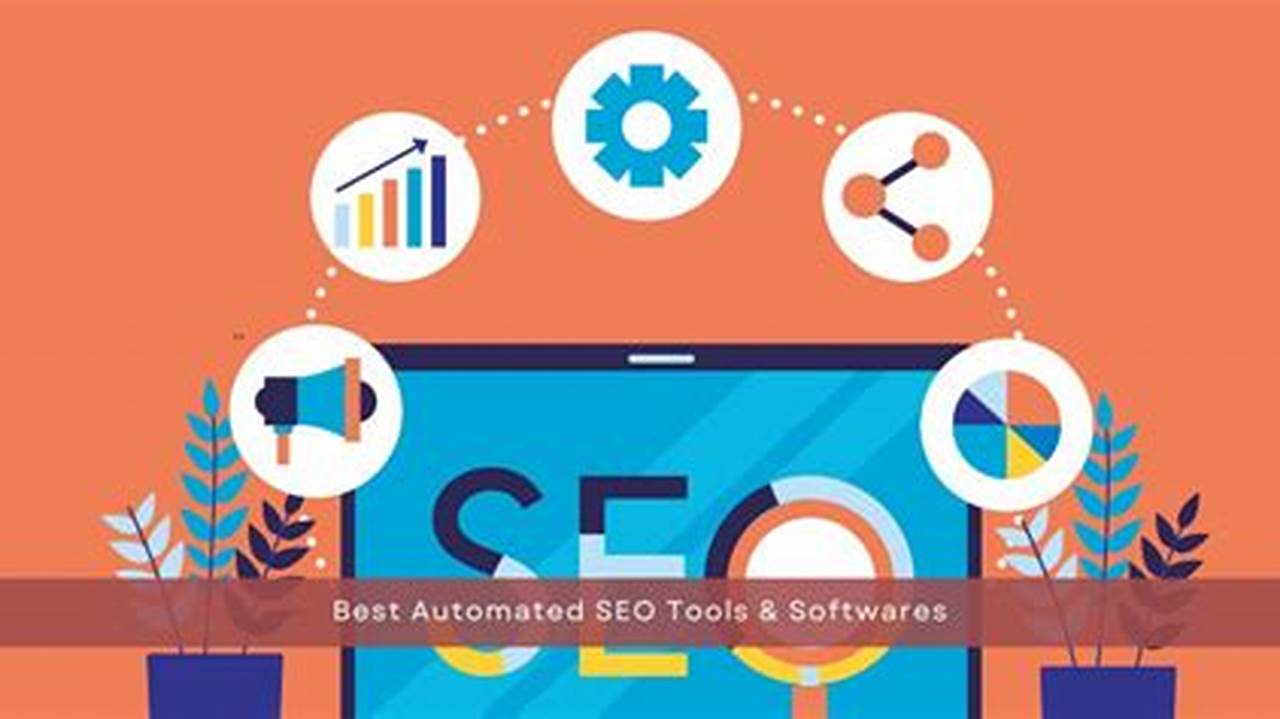Achieving high search engine rankings is a crucial goal for online visibility and success. Leveraging software solutions designed to automate search engine optimization tasks can significantly expedite this process. These solutions offer a range of functionalities, from keyword research and backlink analysis to content optimization and rank tracking, streamlining complex SEO processes and potentially delivering faster results.
Keyword Research
Automated tools can quickly identify relevant keywords with high search volume and low competition, informing content strategy and targeting.
Backlink Analysis
Software can analyze backlink profiles, identifying both high-quality opportunities and potentially harmful links that require attention.
Content Optimization
Automated tools can analyze content for SEO best practices, suggesting improvements to on-page elements like title tags, meta descriptions, and keyword density.
Rank Tracking
Monitor keyword rankings across search engines to assess the effectiveness of SEO strategies and identify areas for improvement.
Technical SEO Audits
Automated tools can identify technical issues impacting website performance and search visibility, such as broken links, slow loading times, and mobile-friendliness problems.
Competitor Analysis
Gain insights into competitors’ SEO strategies, including their top-performing keywords, backlinks, and content tactics.
Reporting and Analytics
Comprehensive dashboards and reports provide data-driven insights into SEO performance, allowing for informed decision-making.
Local SEO Management
Tools can assist with optimizing for local search, managing online listings, and tracking local keyword rankings.
Content Generation Support
Some tools offer features like content briefs and topic suggestions, assisting with content planning and creation.
Social Media Integration
Connect SEO efforts with social media marketing, automating social sharing and tracking social signals.
Tips for Effective Utilization
Tip 1: Tool Selection: Choose tools aligned with specific needs and budget, focusing on features that address key SEO challenges.
Tip 2: Data Interpretation: Develop the skills to interpret data provided by the tools, extracting actionable insights and avoiding reliance on surface-level metrics.
Tip 3: Strategy Integration: Integrate automated tools into a broader SEO strategy, ensuring they complement existing efforts and contribute to overall goals.
Tip 4: Regular Monitoring: Regularly monitor tool performance and data outputs to adapt strategies and maximize effectiveness.
Frequently Asked Questions
How do automated SEO tools improve efficiency?
These tools automate repetitive tasks, freeing up time for strategic planning and analysis.
Can these tools guarantee top rankings?
No tool can guarantee specific rankings. They provide data and insights to support effective SEO practices, but rankings depend on various factors.
Are automated SEO tools suitable for all businesses?
While beneficial for many, the suitability of these tools depends on the business’s size, resources, and SEO maturity.
What are the potential drawbacks of using automated SEO tools?
Over-reliance on automation without understanding the underlying principles of SEO can be detrimental. It’s important to use these tools strategically and ethically.
How to choose the right automated SEO tool?
Consider factors like budget, specific SEO needs, features offered, ease of use, and integration capabilities.
Are there free automated SEO tools available?
Yes, some tools offer free versions with limited functionalities, while others provide free trials.
Strategic implementation of automated SEO tools can significantly enhance online visibility and drive organic traffic. By automating time-consuming tasks and providing data-driven insights, these solutions empower businesses to optimize their SEO efforts and achieve better search engine rankings.

Leave a Reply